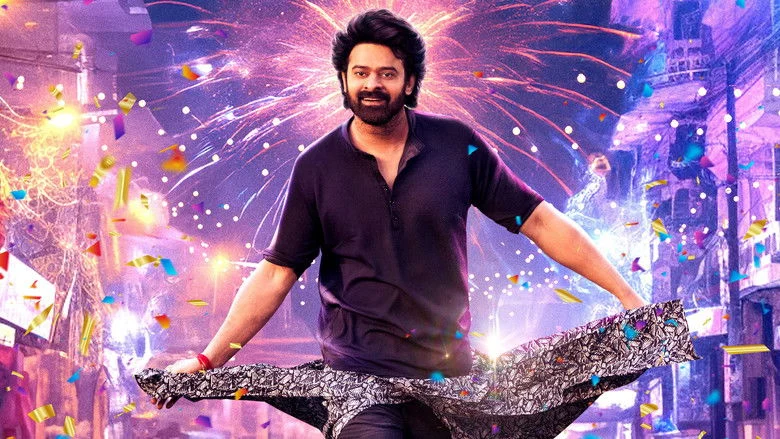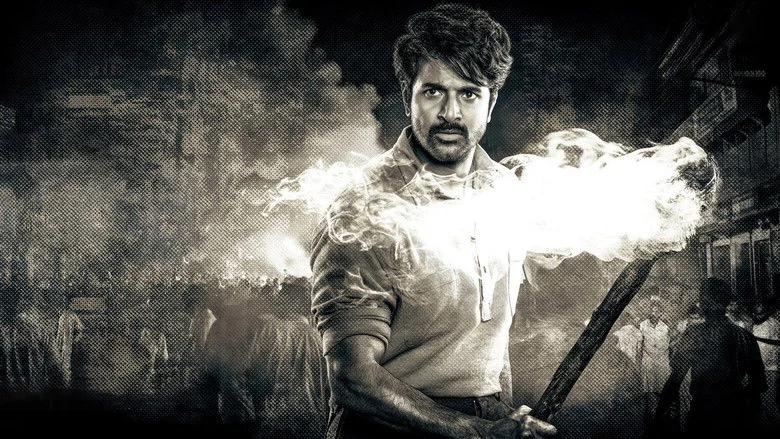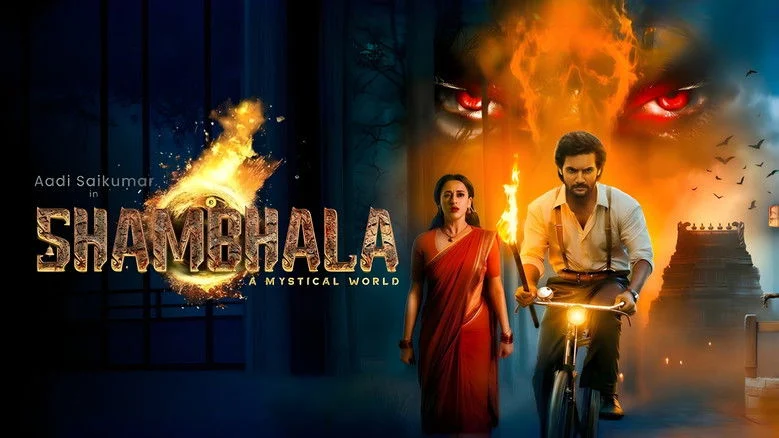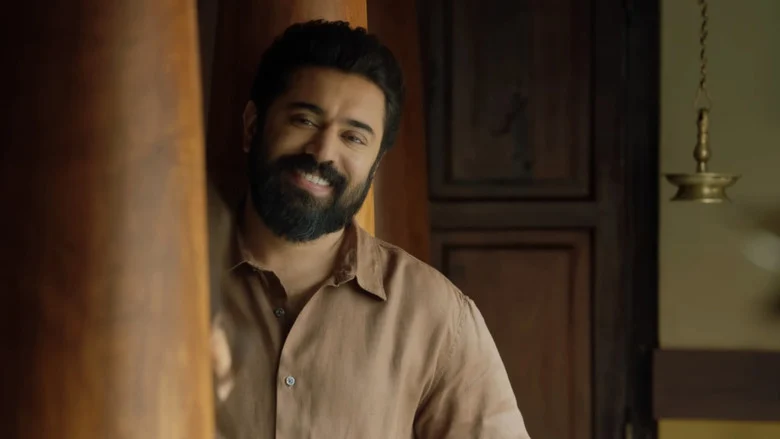When Purple Hearts dropped on Netflix in mid-2022, I wasn’t expecting it to become the streaming sensation it turned out to be. Elizabeth Allen Rosenbaum directed this romance featuring Sofia Carson and Nicholas Galitzine as two people who probably shouldn’t work together but somehow do.
The setup is straightforward, a struggling musician and a Marine cook up a marriage scheme to solve their money problems. She needs medical coverage for her diabetes. He needs cash to get out of debt. Both figure a fake wedding solves everything until real life gets in the way.

A Deal That Gets Complicated Fast
Cassie performs at bars in Oceanside hoping her music career takes off someday. Meanwhile she’s rationing insulin because her bank account can’t keep up with prescription costs. Luke is preparing for deployment while trying to stay clean and pay off money he owes to the wrong people.
Getting married for benefits sounds like a clean transaction until you factor in that these two can’t stand each other at first. She’s liberal and outspoken. He’s conservative and guarded. Every conversation turns into a debate. But once Luke ships out and gets hurt overseas, the fake arrangement starts feeling less fake to both of them.
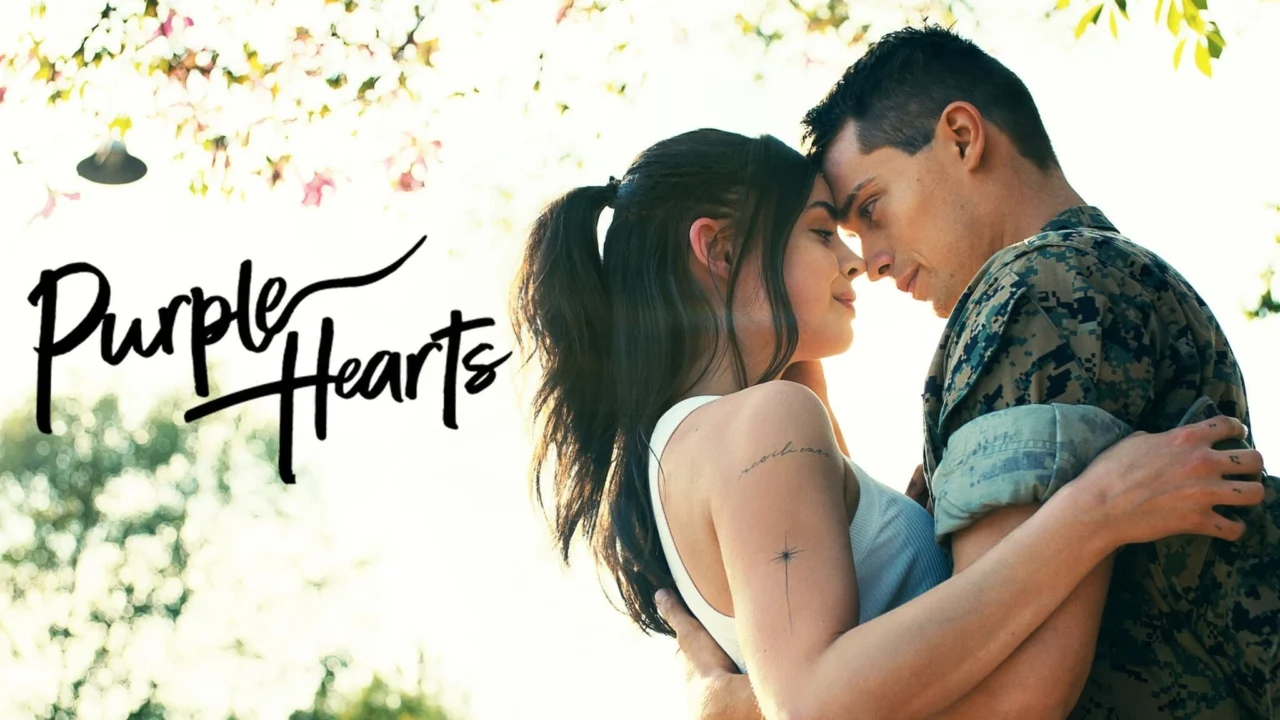
The Performances That Sell It
Sofia Carson doesn’t just act in this, she sings too. Her voice carries the emotional weight in scenes where dialogue alone wouldn’t cut it. I liked how she showed Cassie’s vulnerability without making her seem weak. The character has health issues and money stress but still fights for what she wants.
Nicholas Galitzine surprised me with how much depth he brought to Luke. This could’ve been a generic tough-guy role but he makes you see the cracks underneath. His scenes dealing with injury and recovery hit harder because he plays them without asking for sympathy. The way these two bounce off each other is what keeps you watching even when the plot gets predictable.

What Actually Works Here
The music carries serious emotional weight in this film. Carson’s songs, especially one called Come Back Home, don’t just fill space between scenes. They reveal what the characters are feeling when they can’t say it out loud. The live performance bits at the bar give the story breathing room and make Cassie’s dreams feel tangible.
I also appreciated that their relationship doesn’t flip from hate to love in one scene. The shift happens gradually through shared experiences and forced proximity. By the time Luke comes home injured, you understand why Cassie would drop everything to care for him. The movie earns its emotional beats even if the journey there takes some shortcuts.
The Problems I Can’t Ignore
My biggest issue is how the film rushes through its third act. Everything builds up slowly then suddenly wraps up like they ran out of time. The military investigation that should’ve been a major threat gets resolved with barely any tension. It felt like the writers didn’t want to deal with real consequences.
The political angle needed more honest exploration. These two supposedly have fundamental differences in how they see the world but the movie glosses over that once they start falling for each other. Real couples who disagree on major issues have to work through that constantly. Here it just… disappears because love wins. That’s not how people actually work.
How It Landed With Different Crowds
Professional reviewers mostly didn’t buy what this movie was selling. Critics gave it around 38% on Rotten Tomatoes, pointing out the formulaic plot and shallow politics. I read reviews calling it manipulative and overly sentimental. Some accused it of being military propaganda dressed up as romance.
Regular viewers saw something completely different though. Audience scores shot past 80% and the movie became Netflix’s biggest hit that entire year. People weren’t analyzing the politics or critiquing the structure, they were feeling the emotions and connecting with the characters. TikTok exploded with clips and the soundtrack streamed millions of times. Sometimes a movie just clicks with people regardless of what critics think.
My Take On It All
Purple Hearts won’t win awards for groundbreaking storytelling. It follows a familiar path and takes the easy way out when things get complicated. Carson and Galitzine make the journey worth taking though. Their chemistry feels genuine and the music adds layers that dialogue alone couldn’t achieve.
I wish the movie had been braver with its themes. Healthcare costs, addiction recovery, veteran reintegration, these deserved more than surface treatment. But I also recognize that many viewers don’t watch romantic dramas for policy discussions. They want to feel something and this movie delivers on that front. It works as comfort viewing even if it doesn’t challenge you much.
Rating: 3.5 out of 5


